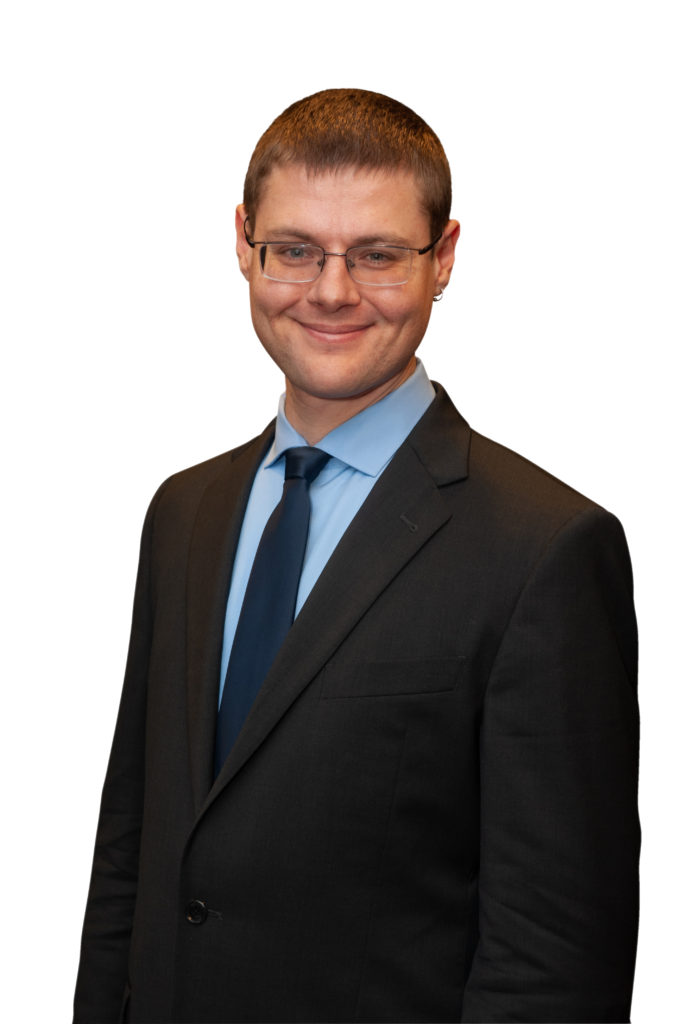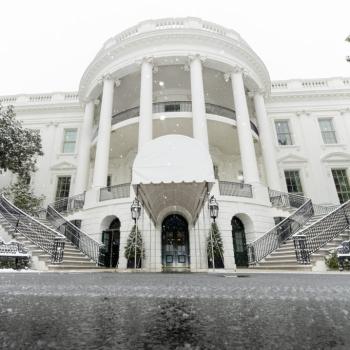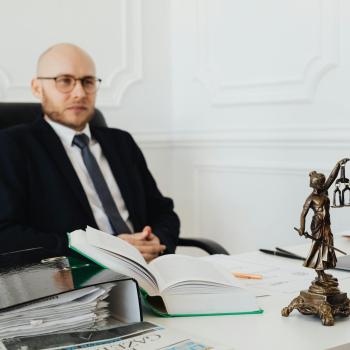
Hybrid work environments, in which employees split their time between working from home and the office, have become increasingly popular in recent years. This trend has been accelerated by the COVID-19 pandemic, which has forced many companies to adopt remote work arrangements. While hybrid work can offer many benefits, such as increased flexibility and the ability to attract top talent from anywhere, it also presents challenges. In particular, it can be difficult to maintain productivity when employees are not all working in the same physical location. Having helped 21 companies transition to hybrid work models using research-based best practices, I can speak to the real-world experience of organizations adopting such models for maintaining and even boosting productivity.
Behavioral economics, a branch of economics that studies the psychological and social factors that influence economic decision-making, can offer insights into how to maximize productivity in a hybrid work environment. In particular, understanding cognitive biases, which are systematic patterns of deviation from norm or rationality in judgment, can help managers and HR professionals design policies and practices that promote productivity.
One cognitive bias that can impact productivity in a hybrid work environment is the sunk cost bias. This bias refers to the tendency to continue investing time, money, or effort into a project or decision because of the resources that have already been invested, even when it is no longer rational to do so. In a hybrid work environment, employees may feel pressure to continue working on a project even when it is not the most productive use of their time, simply because they have already put so much effort into it.
To mitigate the sunk cost bias, managers and HR professionals can encourage employees to periodically reevaluate the value of their work and to be willing to pivot to more productive tasks if necessary. This can be done through regular check-ins and progress reviews, as well as through the use of project management tools that allow employees to track their time and prioritize tasks.
Another cognitive bias that can impact productivity in a hybrid work environment is the availability heuristic. This bias refers to the tendency to overestimate the likelihood of an event occurring based on how easily examples come to mind. In a hybrid work environment, managers may feel employees are more productive when they are in the office because they can easily see their coworkers and track their progress, even if they are not actually more productive in that setting.
To mitigate the availability heuristic, managers and HR professionals can track employee progress and productivity using data-driven methods, such as time tracking software or task management tools. This can help managers to accurately assess employee productivity and identify any areas for improvement.
In addition to cognitive biases, there are other factors that can impact productivity in a hybrid work environment. One of these is the risk of social loafing, which refers to the tendency for individuals to exert less effort when they are part of a group. In an in-office work environment, employees may feel less accountable for their work because they are physically present with their coworkers.
To mitigate the risk of social loafing, managers and HR professionals can establish clear expectations and guidelines for in-office vs. remote work, including setting specific goals and deadlines and holding employees accountable for meeting them. They can also encourage regular communication and collaboration, through tools such as video conferencing and virtual team-building activities.
Another factor that can impact productivity in a hybrid work environment is the risk of burnout. Working from home can be isolating and can make it difficult for employees to disconnect from work. This can lead to increased levels of stress and burnout, which can have a negative impact on productivity.
To mitigate the risk of burnout, managers and HR professionals can encourage employees to take breaks and prioritize self-care. This can include encouraging employees to step away from their screens and take breaks throughout the day, as well as promoting activities such as exercise and meditation.
There are several other strategies that managers and HR professionals can use to maximize productivity in a hybrid work environment. One effective strategy is to establish clear communication channels and protocols. In a hybrid work environment, it is important for employees to stay connected and informed, even when they are not physically in the same location.
Another key strategy is to foster a sense of community and belonging within the organization. This can be particularly important in a hybrid work environment, where employees may feel isolated from their coworkers. Managers and HR professionals can encourage team-building and social activities, such as virtual happy hours or team-building events, to help build a sense of connection and belonging among employees.
In addition, it is important to provide employees with the necessary tools and resources to be productive in a hybrid work environment. This can include providing access to reliable internet and technology, as well as any specialized equipment or software that may be needed to complete work tasks. It is also important to ensure that employees have a dedicated workspace that is conducive to productivity, whether that is at home or in the office.
Finally, it is important to recognize and reward employees for their productivity and contributions. This can be particularly important in a hybrid work environment, where employees may feel less connected to the organization and less likely to be recognized for their efforts. Managers and HR professionals can establish systems for recognizing and rewarding top performers, such as through performance-based bonuses or recognition programs.
In conclusion, hybrid work environments can offer many benefits, but they also present challenges, particularly when it comes to maintaining productivity. By understanding and addressing cognitive biases, establishing clear communication and boundaries, fostering a sense of community, providing necessary tools and resources, and recognizing and rewarding employees, managers and HR professionals can help to maximize productivity in a hybrid work environment.
Image Credit: One-on-one meetings in Hybrid Work – Hybrid Work Productivity/Istockphotos
Original Published in Forbes on Jan 12, 2023
Bio: Dr. Gleb Tsipursky helps leaders use hybrid work to improve retention and productivity while cutting costs. He serves as the CEO of the boutique future-of-work consultancy Disaster Avoidance Experts, which helps organizations adopt a hybrid-first culture, instead of incrementally improving on the traditional office-centric culture. A best-selling author of 7 books, he is especially well-known for his global best-sellers Never Go With Your Gut: How Pioneering Leaders Make the Best Decisions and Avoid Business Disasters (Career Press, 2019) and The Blindspots Between Us: How to Overcome Unconscious Cognitive Bias and Build Better Relationships (New Harbinger, 2020). His newest book is Leading Hybrid and Remote Teams: A Manual on Benchmarking to Best Practices for Competitive Advantage (Intentional Insights, 2021). His writing was translated into Chinese, Korean, German, Russian, Polish, Spanish, French, and other languages. His cutting-edge thought leadership was featured in over 650 articles and 550 interviews in prominent venues. They include Harvard Business Review, Fortune, Inc. Magazine, Business Insider, Fast Company, Forbes, and elsewhere. His expertise comes from over 20 years of consulting, coaching, and speaking and training for mid-size and large organizations ranging from Aflac to Xerox. It also comes from his research background as a behavioral scientist. After spending 8 years getting a PhD and lecturing at the University of North Carolina at Chapel Hill, he served for 7 years as a professor at the Ohio State University’s Decision Sciences Collaborative and History Department. A proud Ukrainian American, Dr. Gleb lives in Columbus, Ohio (Go Bucks!). In his free time, he makes sure to spend abundant quality time with his wife to avoid his personal life turning into a disaster. Contact him at Gleb[at]DisasterAvoidanceExperts[dot]com, follow him on LinkedIn @dr-gleb-tsipursky, Twitter @gleb_tsipursky, Instagram @dr_gleb_tsipursky, Facebook @DrGlebTsipursky, Medium @dr_gleb_tsipursky, YouTube, and RSS, and get a free copy of the Assessment on Dangerous Judgment Errors in the Workplace by signing up for the free Wise Decision Maker Course at https://disasteravoidanceexperts.com/newsletter/.














